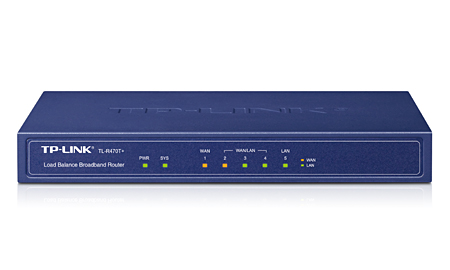Basically... there are too many people in my house now.
My fiancee and I game a lot, so we need good latency. But the other people in my house (sister moved in with her kid, etc) makes Youtube/Netflixes running all at once.... everybody lags. So I want to pay for a second internet connection.
Computers:
PC1: My gaming desktop
PC2: Fiancee's gaming desktop
HTPC: My room
HTPC: Living room
Server: Handles the main downloads for... stuff... and is the file server as well
Desktop: Extra desktop in the living room, +1 for my sister's 'gaming' desktop
Wireless crap: One laptop that's on a lot, plus a couple tablets, and a few cell phones
So basically what I want is PC1 and PC2 to go through Internet 1 *only* and that's it. Everything else goes through Internet 2. HOWEVER... I want everything to remain on the same LAN, so we can still access file shares and the HTPC shares etc. etc.
Here's a crappy image:

Any tips? What do I need to buy to do this?
My fiancee and I game a lot, so we need good latency. But the other people in my house (sister moved in with her kid, etc) makes Youtube/Netflixes running all at once.... everybody lags. So I want to pay for a second internet connection.
Computers:
PC1: My gaming desktop
PC2: Fiancee's gaming desktop
HTPC: My room
HTPC: Living room
Server: Handles the main downloads for... stuff... and is the file server as well
Desktop: Extra desktop in the living room, +1 for my sister's 'gaming' desktop
Wireless crap: One laptop that's on a lot, plus a couple tablets, and a few cell phones
So basically what I want is PC1 and PC2 to go through Internet 1 *only* and that's it. Everything else goes through Internet 2. HOWEVER... I want everything to remain on the same LAN, so we can still access file shares and the HTPC shares etc. etc.
Here's a crappy image:

Any tips? What do I need to buy to do this?
![[H]ard|Forum](/styles/hardforum/xenforo/logo_dark.png)
